Find Help
More Items From Ergsy search
-
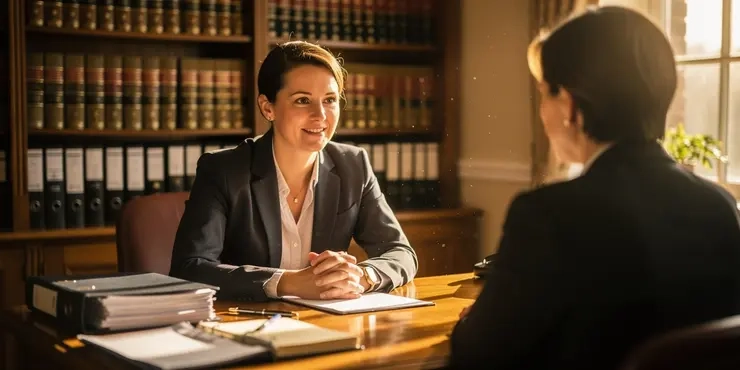
Will and Probate Solicitor Bath
Relevance: 100%
-
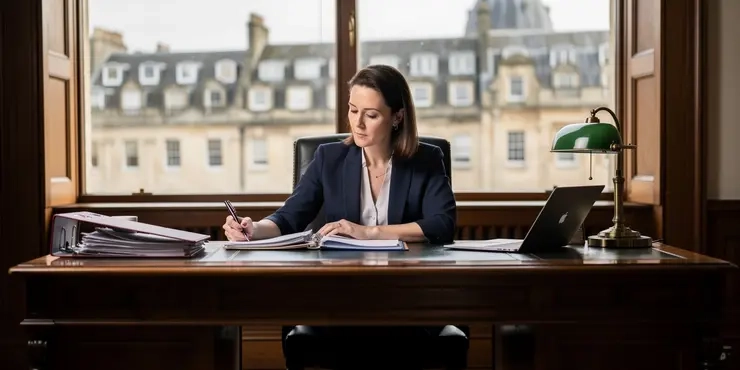
Helen Starkie, Bath Solicitor for Wills and Probate Law
Relevance: 78%
-
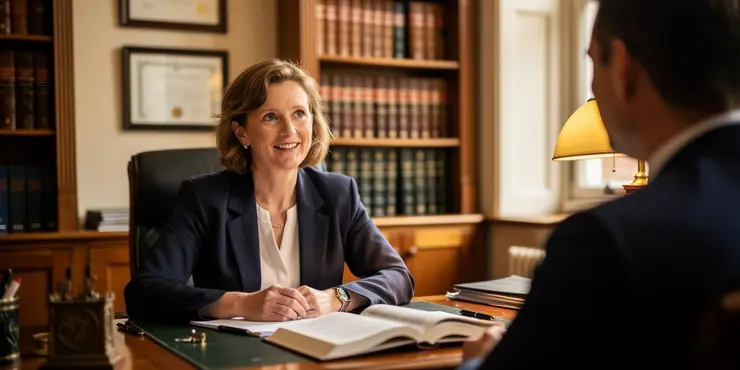
Helen Starkie, Solicitor, Bath, UK
Relevance: 48%
-
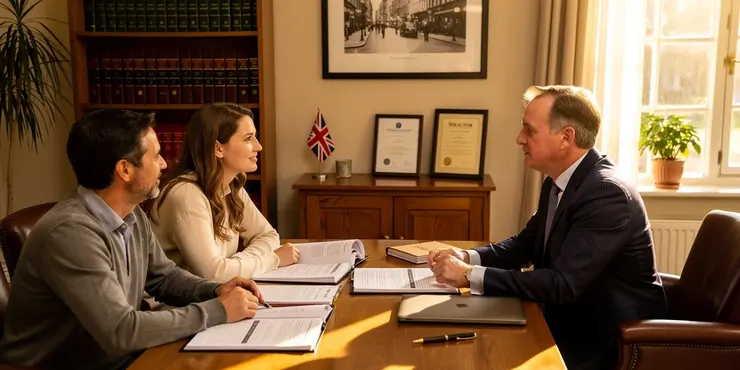
Wills, Probate and Tax Planning in the UK
Relevance: 37%
-

Do I need a solicitor to bring a case to the tribunal?
Relevance: 28%
-
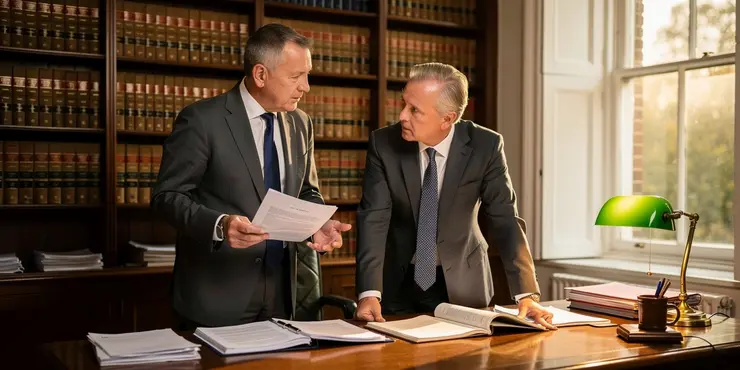
What is the difference between the Chief Law Officer for England and Wales and the Solicitor General in the UK?
Relevance: 25%
-
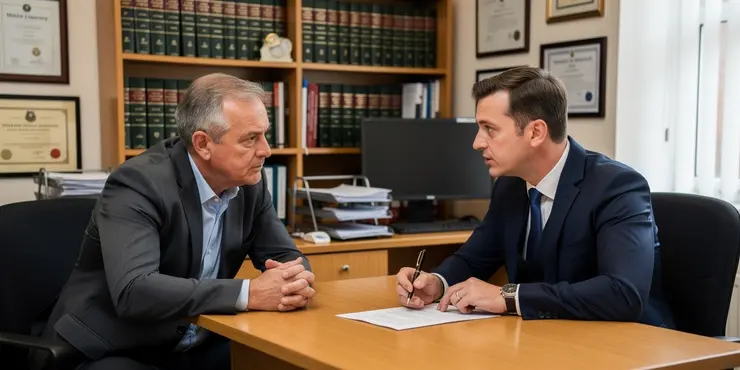
Handling Inheritance Disputes Legally
Relevance: 21%
-
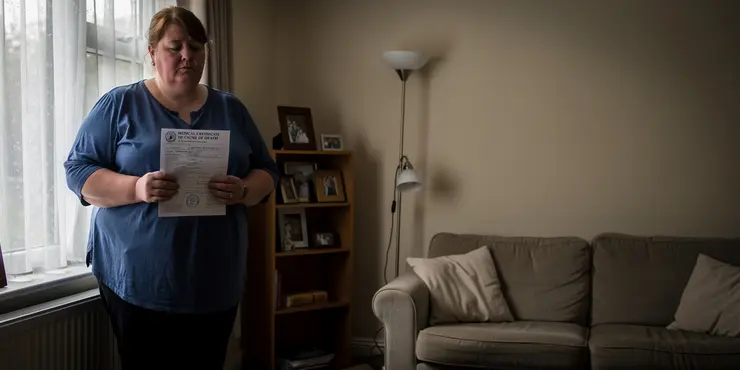
What to do when someone dies
Relevance: 13%
-

Do I need to inform HMRC about the death?
Relevance: 13%
-
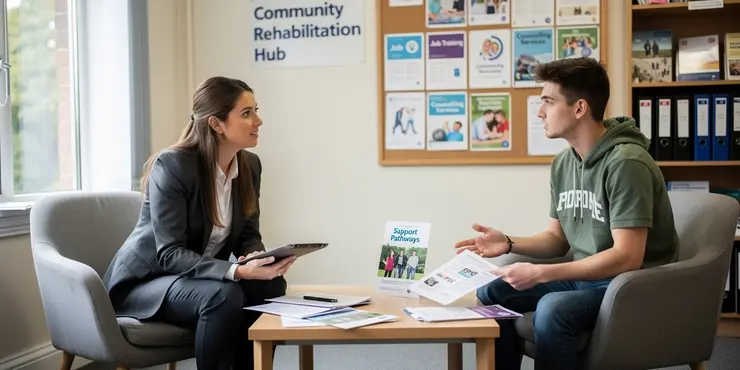
Are there alternatives to indefinite prison sentences?
Relevance: 13%
-

Are there home remedies for chickenpox?
Relevance: 12%
-
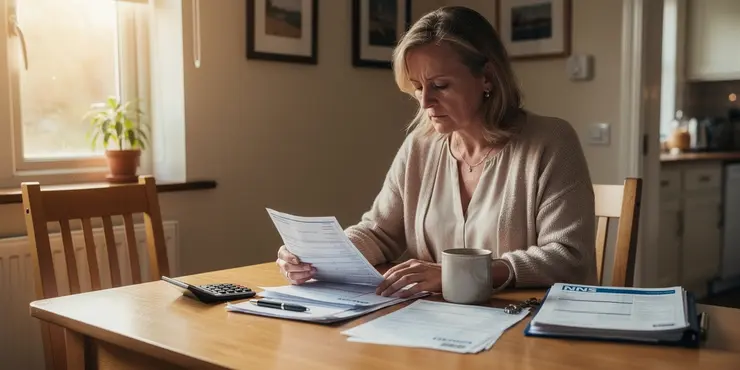
How is Inheritance Tax (IHT) dealt with after death?
Relevance: 12%
-
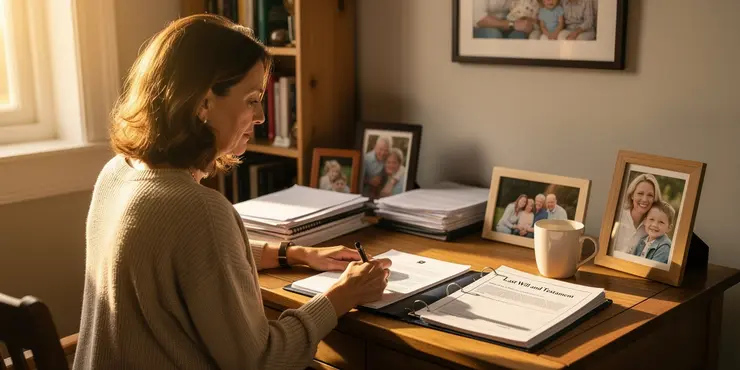
How do I write a will?
Relevance: 12%
-

Are there home remedies for psoriasis?
Relevance: 11%
-
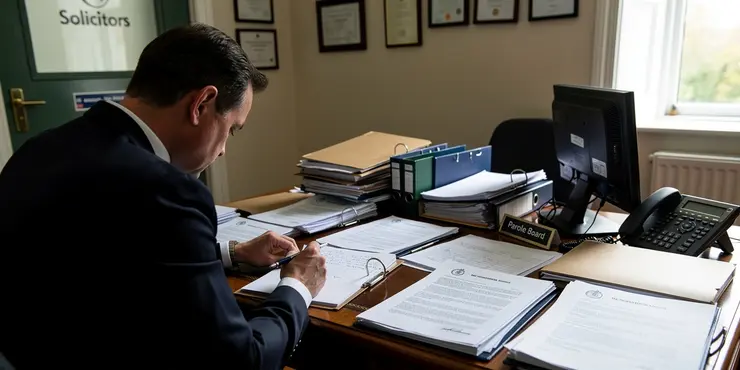
How does parole work with indefinite prison sentences?
Relevance: 11%
-

Factors that trigger eczema in your child
Relevance: 10%
-

Are there any home remedies for nettle rash?
Relevance: 10%
-

How do I pay Stamp Duty in the UK?
Relevance: 10%
-
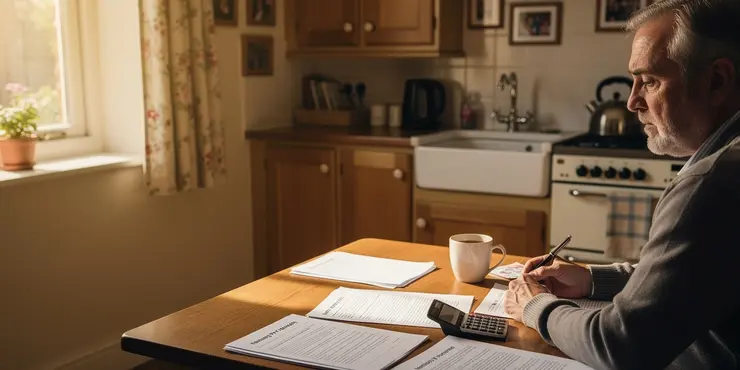
Mortgage on Inherited Property - How we can help you with the finance
Relevance: 10%
-

Are there any home remedies for impetigo?
Relevance: 10%
-
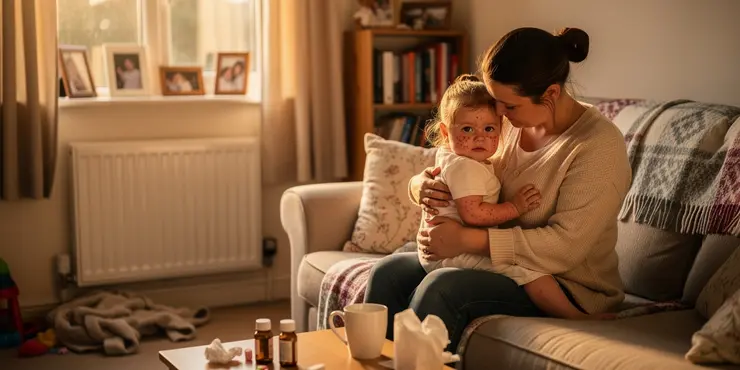
How to Keep a Child With Chickenpox Comfortable
Relevance: 10%
-

Navigating Personal Injury Claims: What You Need to Know Post-2023
Relevance: 9%
-
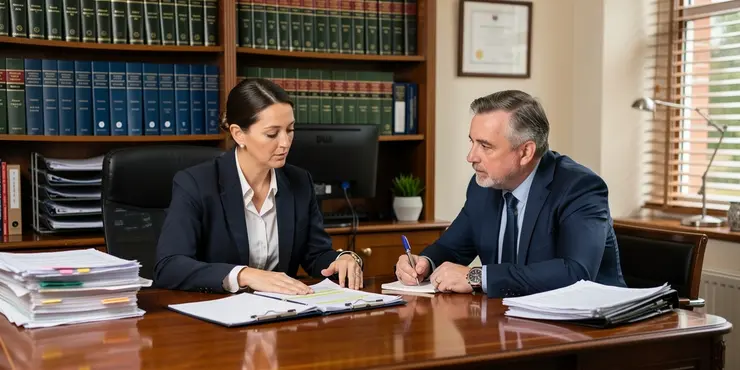
What happens if Inheritance Tax is not paid on time?
Relevance: 9%
-
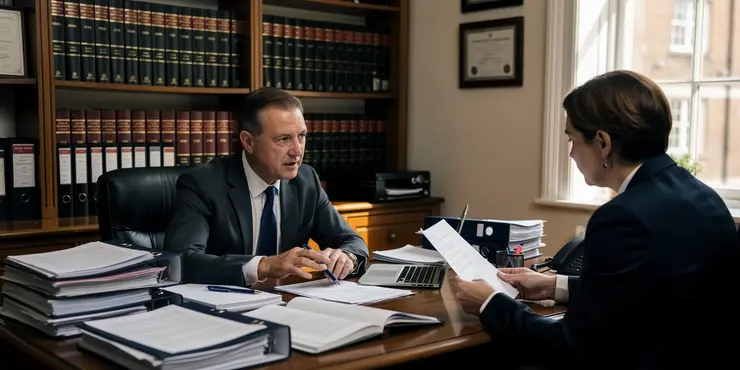
Does the Chief Law Officer for England and Wales in the UK have to be a lawyer?
Relevance: 9%
-
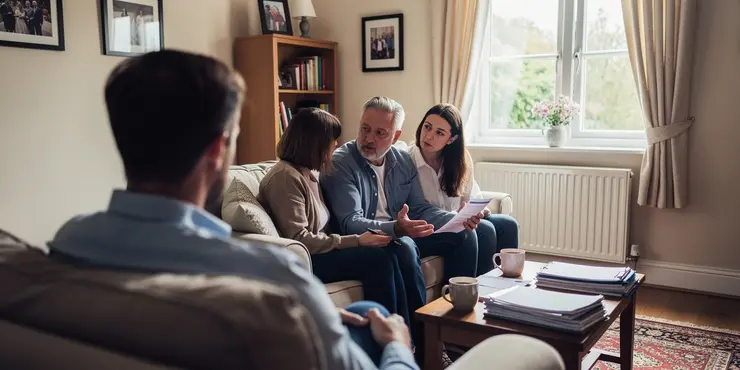
How does inheritance tax apply to life insurance policies?
Relevance: 9%
-
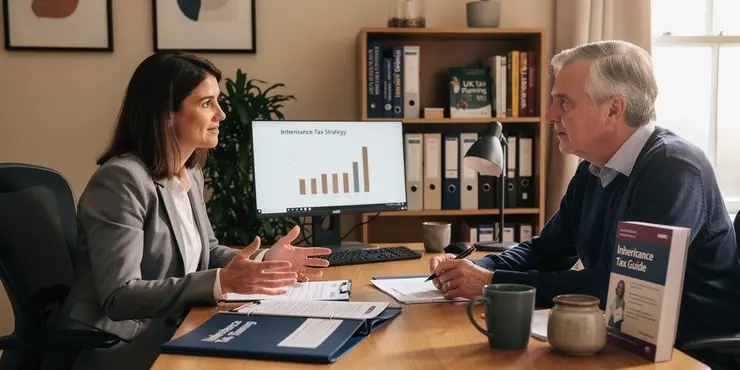
Where can I find more detailed information on inheritance tax?
Relevance: 9%
-

How can I prevent eczema flare-ups?
Relevance: 8%
-
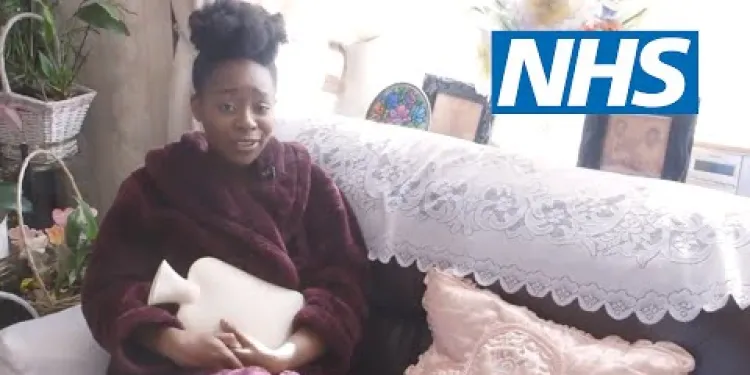
How to deal with period pain | NHS
Relevance: 8%
-

Can fake weight loss drugs come in unusual forms?
Relevance: 8%
-

Are there any home remedies for eczema?
Relevance: 8%
-

Are life insurance payouts subject to Inheritance Tax?
Relevance: 8%
-

Who pays the inheritance tax?
Relevance: 8%
-
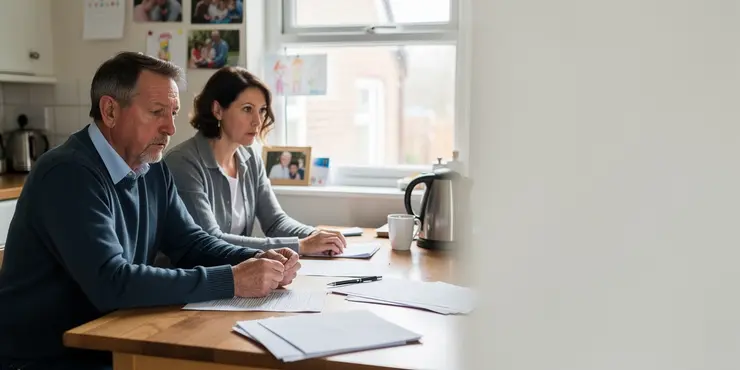
Understanding Your Rights During Divorce Proceedings in the UK
Relevance: 8%
-
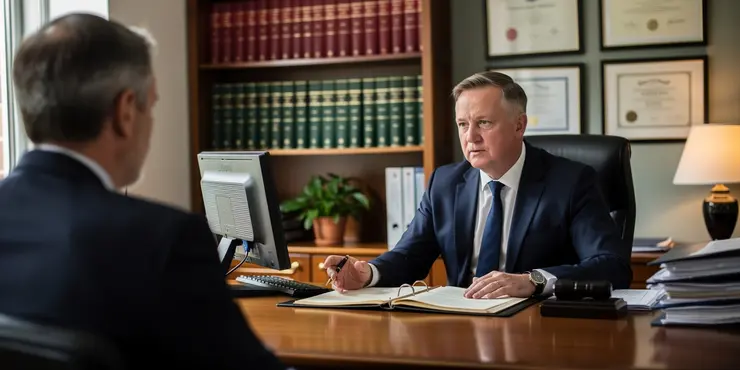
What is the Chief Law Officer for England and Wales?
Relevance: 8%
-
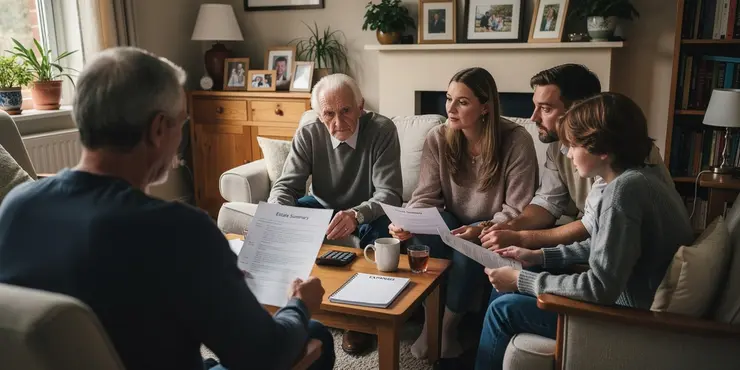
What taxes need to be paid from the deceased’s estate?
Relevance: 8%
-

Lasting Power of Attorney UK - A 2023 Guide
Relevance: 8%
-

What to do if you're sunburnt
Relevance: 8%
-
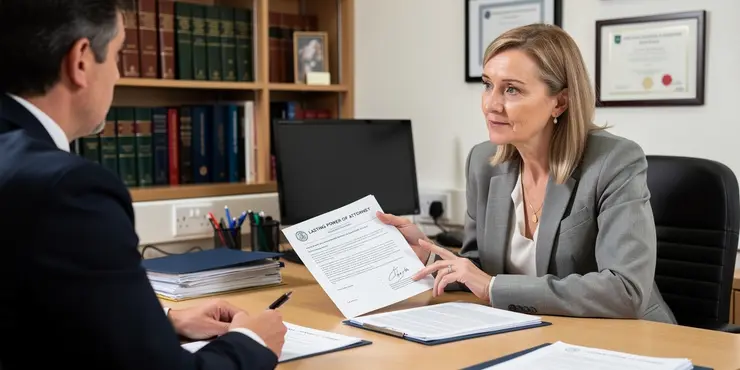
How to Set Up a Lasting Power of Attorney
Relevance: 8%
-
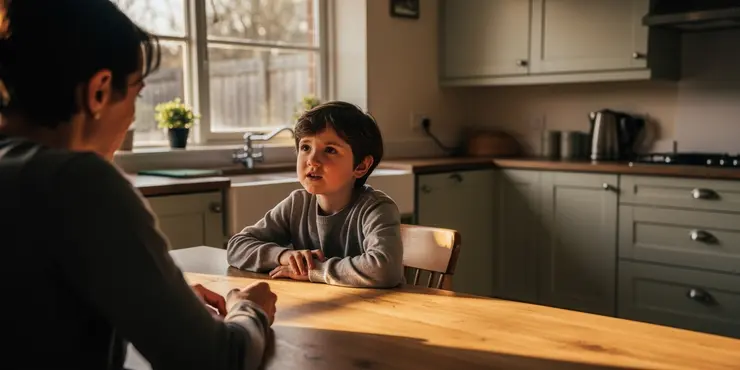
Navigating Child Custody Laws in the UK
Relevance: 8%
-
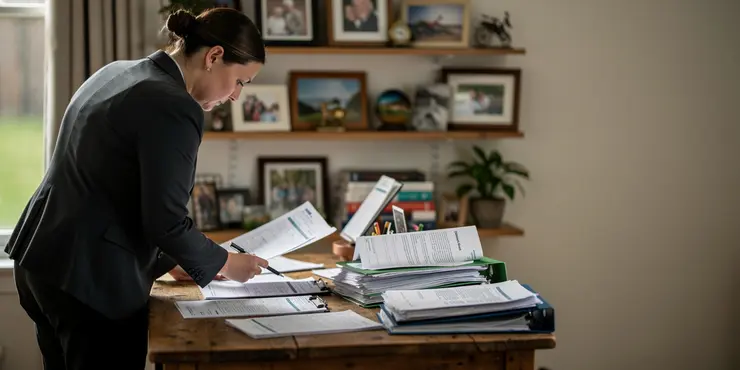
Who is responsible for paying the deceased’s tax debts?
Relevance: 8%
Will and Probate Solicitor Bath
Understanding the Role of a Will and Probate Solicitor
A will and probate solicitor specializes in assisting clients with the preparation of their wills and the execution of estates after a person’s death. These legal professionals ensure that a person’s final wishes are honored, and that the distribution of their assets is carried out in a lawful and orderly manner. In Bath, solicitors in this field cater to a diverse clientele, providing personalized legal services to meet individual needs.
The Importance of Having a Will
Having a will is crucial for several reasons. It not only allows individuals to outline how their estate should be distributed among beneficiaries, but it also helps to prevent disputes among family members. Additionally, a will can specify the appointment of guardians for minor children and offer instructions for funeral arrangements. In Bath, consulting with a will and probate solicitor can ensure that all legal requirements are met, providing peace of mind for both the individual and their loved ones.
Probate Process Explained
Probate is the legal process by which a deceased person’s estate is administered. This involves proving the validity of the will, identifying and cataloging the deceased’s assets, paying any debts and taxes owed, and distributing the remaining assets to the beneficiaries. A probate solicitor in Bath can guide executors through every step of this process, ensuring compliance with relevant laws and helping to resolve any issues that may arise. This expertise is invaluable in avoiding potential legal complications and ensuring a smooth administration of the estate.
Choosing the Right Solicitor in Bath
When choosing a will and probate solicitor in Bath, it is essential to consider their experience, reputation, and understanding of your specific needs. Personal recommendations and online reviews can provide insights into a solicitor’s competence and client satisfaction. Many firms offer initial consultations, allowing potential clients to discuss their needs and gauge the solicitor’s suitability. By selecting a knowledgeable and compassionate solicitor, individuals can ensure that their estate planning and probate matters are handled with the utmost care and professionalism.
Conclusion
In summary, a will and probate solicitor plays a vital role in estate planning and management. For residents of Bath, seeking the assistance of an experienced solicitor can provide clarity and confidence in ensuring that one’s final wishes are respected and that the probate process is handled efficiently. Whether you need guidance in drafting a will or navigating the complexities of probate, professional legal support is essential for achieving the best outcomes.
Will and Probate Solicitor Bath
What Does a Will and Probate Solicitor Do?
A will and probate solicitor is a lawyer who helps people make their wills. They also help manage what happens to a person's things after they die. They make sure what a person wants is done right and according to the law. In Bath, these lawyers help many different people and give them legal advice suited to their needs.
Why Is Having a Will Important?
It is important to have a will for many reasons. A will lets people say who gets their things after they die. It helps stop arguments in the family. With a will, you can also choose who will look after your children if they are young. You can also say what kind of funeral you want. In Bath, a will and probate solicitor can help you make sure your will is legal. This gives you and your family peace of mind.
What Is the Probate Process?
Probate is when the law helps manage a person's things after they die. This means checking the will is real, listing all the person's belongings, paying any money they owe, and then giving out what is left to the people who should have it. A probate solicitor in Bath helps with each step of this process. They make sure everything is done right and help solve any problems that happen. Their help is very important to make sure everything goes smoothly.
How to Choose the Right Solicitor in Bath
When picking a will and probate solicitor in Bath, make sure they are experienced and have a good reputation. You can ask friends or family for advice or read reviews online. Many solicitors offer a first meeting for free, so you can talk about what you need and see if they are a good fit. By choosing a solicitor who knows what they are doing and who cares, you make sure everything is handled well.
Conclusion
In short, a will and probate solicitor is very important for planning and managing what happens to your things after you die. People in Bath can ask these solicitors for help to make sure their wishes are respected and the probate process goes well. Whether you need help making a will or understanding probate, having a lawyer is very helpful to get the best results.
Frequently Asked Questions
What is a Will and why is it important?
A Will is a legal document that sets out your wishes regarding the distribution of your estate after your death. It is important because it ensures that your assets are distributed in accordance with your wishes and provides clarity and reassurance to your loved ones.
Do I need a solicitor to make a Will?
While it is possible to write your own Will, using a solicitor ensures that it is legally valid and your wishes are clearly expressed, reducing the risk of disputes or errors.
What happens if I die without a Will?
If you die without a Will, your estate is distributed according to the rules of intestacy, which may not reflect your wishes. This can lead to unintended beneficiaries and potential disputes among family members.
How often should I update my Will?
You should review your Will every few years or after any major life event, such as marriage, divorce, the birth of a child, or significant changes in your financial situation.
Can I change my Will once it has been made?
Yes, you can change your Will at any time as long as you have the mental capacity to do so. Changes can be made through a codicil or by writing a new Will.
What is probate?
Probate is the legal process of administering a deceased person’s estate. It involves proving the validity of the Will, paying any debts and taxes, and distributing the remaining assets to the beneficiaries.
How long does probate take?
The duration of the probate process can vary, typically taking between six to twelve months, depending on the complexity of the estate and any potential disputes.
What are the duties of an executor?
An executor is responsible for administering the estate, which includes obtaining the grant of probate, paying debts and taxes, and distributing the estate to the beneficiaries in accordance with the Will.
Can an executor be a beneficiary in the Will?
Yes, an executor can also be a beneficiary in the Will. It is quite common for executors to be spouses, children, or close friends who are also beneficiaries.
What is Inheritance Tax and who is responsible for paying it?
Inheritance Tax is a tax on the estate of someone who has died. The executor or personal representative of the estate is responsible for paying this tax before distributing the assets to the beneficiaries.
Are there ways to reduce Inheritance Tax liability?
Yes, there are several ways to reduce Inheritance Tax liability, such as making gifts during your lifetime, transferring assets to a spouse, or setting up trusts. It is advisable to seek professional advice for tailored strategies.
Do I need a grant of probate if there is no Will?
If there is no Will, a grant of letters of administration is needed instead of a grant of probate. The process and responsibilities are similar, but the estate will be distributed according to the rules of intestacy.
Can a Will be contested?
Yes, a Will can be contested on various grounds, such as lack of mental capacity, undue influence, or improper execution. Contesting a Will can be a complex and costly process, so it is advisable to seek legal advice.
What is a Lasting Power of Attorney (LPA)?
A Lasting Power of Attorney (LPA) is a legal document that allows you to appoint one or more people to make decisions on your behalf if you lose mental capacity. There are two types: Health and Welfare, and Property and Financial Affairs.
How do I choose the right solicitor for Will and Probate services in Bath?
When choosing a solicitor for Will and Probate services in Bath, consider their experience, qualifications, reputation, and client reviews. It is also important to feel comfortable with your solicitor, as you will need to discuss personal and sensitive information.
What is a Will and why is it important?
A Will is a special paper. It tells people what you want to happen to your things when you die.
A Will is important because:
- It helps your family know what you want.
- It makes sure your things go to the right people.
To help understand Wills, you can:
- Ask someone to explain it to you.
- Watch a video about Wills.
- Use pictures to help you understand.
A Will is a special paper that says what you want to happen to your things after you die. It is important because it makes sure that your things go to the people you choose. This helps your family and friends know what you want and feel calm.
Do I need a lawyer to make a Will?
A Will is a paper that says who gets your things when you die.
You do not have to use a lawyer to make a Will.
But a lawyer can help make sure your Will is done right.
If you like, you can also use online tools to help make a Will.
You can write a Will by yourself. But if you use a lawyer, they can make sure it is done right. This means your wishes are clear and there won't be any mistakes or fights about it later.
To make understanding easier, you can:
- Use simple words.
- Read it out loud.
- Ask someone to help you check it.
What happens if I die without a Will?
If you die and you do not have a Will, the law decides what happens to your things like money and property. This is called "intestacy rules."
The people who get your things might be your family, like your partner, children, or parents.
It is a good idea to make a Will so the right people get what you want them to have.
You might want to ask for help from someone like a lawyer to make a Will.
If you die without making a Will, your things will be given out by special rules. These rules might not match what you wanted. This can mean your belongings go to people you didn't plan for and could cause fights in your family.
How often should I change my Will?
Your Will is a list of who gets your things when you die. It's important to keep it up to date. You might want to change your Will if big things happen in your life. Here are some times when you should look at your Will:
- If you get married or divorced.
- If you have a baby or adopt a child.
- If someone you gave things to in your Will dies.
- If you buy or sell a house or other big things.
Try to check your Will every few years to make sure it still says what you want. You can ask a trusted friend or a lawyer for help if you find it hard to understand.
Check your Will every few years. Do this if big things happen in your life, like getting married, getting divorced, having a baby, or if your money changes a lot.
Can I change my Will after I have made it?
Yes, you can change your Will after you have made it.
Here is how you can do it:
- Add a note: You can add a new note called a 'codicil' to change your Will.
- Make a new Will: You can make a brand new Will that replaces the old one.
If you need help, you can:
- Ask a lawyer to help you.
- Use a will-making kit, which can guide you step by step.
It's important to make sure your Will says what you want, so your wishes can happen.
Yes, you can change your Will whenever you want if you can think clearly. You can change it by adding a bit called a codicil, or by making a new Will.
What is probate?
Probate is a legal process.
It happens when someone dies.
Probate checks if their will is real.
The will says who gets their things.
If there is no will, probate decides who gets what.
You can use a lawyer to help with probate.
A family member or friend can also ask for probate.
This person is called the executor.
Probate is a legal step you take when someone dies. It helps sort out what happens to the things they owned.
This process checks if the Will is real, pays off any money owed, and gives out what is left to the people named in the Will.
To help understand or manage this, you can use tools or get help from a trusted adult or a lawyer.
How long does probate take?
Probate is a process after someone dies. It helps to share their things with family or friends. Probate can take time.
Most of the time, probate takes a few months to one year. But sometimes it can be faster or slower.
Some things that can make it take longer are:
- The will is not clear.
- There are a lot of things to share.
- There are disagreements in the family.
Helpful tools:
- Use pictures or videos to understand probate better.
- Ask someone to explain it to you.
The probate process can take a long time. It usually takes between six months and a year. How long it takes depends on how complicated things are and if people argue about it.
What does an executor do?
An executor has a special job. They follow the steps in a will after someone has died. Here is what they do:
- Find the will and make sure it is the real one.
- Talk to family and friends about what is in the will.
- Pay any money the person owed, like bills.
- Share what is left with the people named in the will.
If you are an executor, you might need some help. A good idea is to:
- Keep a notebook to track what you do.
- Use a calendar to remember important dates.
- Ask a lawyer or an adult you trust if you need advice.
Remember, being an executor is a big responsibility, but you can do it with some help!
An executor is a person who looks after what someone leaves behind when they die. This can include getting a special paper called a grant of probate, paying money owed and taxes, and giving out what was left to the people named in the Will.
To help with these tasks, you can use simple checklists or ask someone for help. If reading is hard, try listening to audio messages instead.
Can the person who helps with the Will also get something from it?
Yes! The person who carries out the wishes in a Will, called an 'executor', can also get something from it. This means they can help with the Will and also receive a gift or money.
If you need help understanding this, you can ask someone to explain it to you or use pictures to help make it clearer.
Yes, an executor can also get something from the Will. This happens a lot. Executors are often husbands, wives, children, or good friends who get gifts from the Will too.
What is Inheritance Tax and who pays it?
Inheritance Tax is money you pay when someone dies. This money is from the things the person owned, like their house or money.
The people who get the things from the person who died usually pay this tax. Sometimes, the person who died has already planned for this tax to be paid.
It can help to talk to someone who knows about money or use a tool like a tax calculator to understand more.
Inheritance Tax is money that has to be paid when someone dies. It is paid from the things they owned, like money or a house.
The person in charge of looking after what the person who died left behind must pay this tax before giving things to the people who will inherit them.
Tools like dictionaries or talking to someone can help if you find words hard. You can also read aloud to understand better.
Can you pay less Inheritance Tax?
You can do some things to lower the amount of Inheritance Tax. You can give gifts to people while you are alive, give your things to your husband or wife, or use a trust. It's a good idea to talk to an expert for help that is just right for you.
Here are some supports that might help:
- Use pictures or charts to understand better.
- Ask someone you trust to help explain things.
- Use a speaking app that can read the text out loud to you.
- Break down the information into small, easy steps.
Do I Need a Grant of Probate If There Is No Will?
If a person dies without a will, this means they did not write down who gets their money and things.
Usually, someone needs to get permission to deal with the person’s money and things. This permission is called a "grant of probate."
If there is no will, you might need to get a document called "letters of administration." This is similar to a grant of probate.
Here are some tools that can help:
- Ask a family member for help.
- Use a simple guide or book about what to do when someone dies.
- Talk to a friendly lawyer for advice.
If there is no Will, you will need a special paper called "letters of administration." This is instead of "probate." The steps you take and things you must do are mostly the same. But, the money and things will be given out in a different way. This way is called the "rules of intestacy."
Here are some tips to help:
- Break down big tasks into smaller steps.
- Use pictures or diagrams to show what you need to do.
- Ask a friend or family member to help explain things.
- Use a checklist to keep track of what you have done.
Can you change a will?
A will is a paper that says who gets someone's things when they die. Sometimes, people might not agree with what the will says.
If someone thinks the will is not right, they can ask a judge to look at it. This is called "contesting a will".
People might contest a will if they think:
- The person who made the will was not thinking clearly.
- The will does not follow the law.
- Someone forced the person to write the will a certain way.
If you have questions or need help with a will, you can talk to a lawyer. They know a lot about wills and can help you understand better.
A Will is a paper that says who gets someone's things when they die. Sometimes people may not agree with a Will. This is called contesting a Will. Here are reasons why people might contest a Will:
- The person who made the Will was not thinking clearly.
- Someone forced the person to make the Will.
- The Will was not done the right way.
Contesting a Will can be hard and cost a lot of money. It is a good idea to talk to a lawyer if you want to contest a Will.
If reading is difficult, try using tools like text-to-speech to listen to the information. Highlighting important parts can also help understand a text better.
What is a Lasting Power of Attorney (LPA)?
A Lasting Power of Attorney is a paper that lets someone you trust help you make decisions, or make decisions for you. This is if you become too ill to make decisions on your own.
There are two kinds of LPA:
- Health and Care: This is for decisions about your health and daily care.
- Money and Property: This is for decisions about your money and things you own.
If you find reading hard, you can ask someone you trust to explain this to you.
A Lasting Power of Attorney (LPA) is a special paper. It lets you choose someone to help make decisions for you if you can't do it yourself. There are two kinds of LPAs: one for Health and Welfare, and one for Property and Money.
How do I pick the right lawyer to help with Wills and Probate in Bath?
Picking the right lawyer can be tricky. A lawyer helps you with important papers and decisions.
Here are some tips to help you:
- Ask around: Talk to family and friends. They may know a good lawyer.
- Look online: Check for lawyers who work in Bath. Read reviews to see what others think.
- Check experience: Make sure the lawyer knows about Wills and Probate.
- Ask questions: Meet the lawyer and ask them questions. See if you feel comfortable with them.
Remember, you should feel happy and comfortable with the lawyer you choose.
When you choose a lawyer to help with Wills and Probate in Bath, think about a few things. Look at how much experience they have and what training they got. Check what other people say about them. Make sure you feel good talking to them because you will need to share private information.
Here are some tools to help you:
- Ask friends or family if they know a good lawyer.
- Write down your questions before meeting your lawyer.
- Use a notepad to remember important things they say.
Useful Links
This website offers general information and is not a substitute for professional advice.
Always seek guidance from qualified professionals.
If you have any medical concerns or need urgent help, contact a healthcare professional or emergency services immediately.
Some of this content was generated with AI assistance. We’ve done our best to keep it accurate, helpful, and human-friendly.
- Ergsy carfully checks the information in the videos we provide here.
- Videos shown by Youtube after a video has completed, have NOT been reviewed by ERGSY.
- To view, click the arrow in centre of video.
- Most of the videos you find here will have subtitles and/or closed captions available.
- You may need to turn these on, and choose your preferred language.
- Go to the video you'd like to watch.
- If closed captions (CC) are available, settings will be visible on the bottom right of the video player.
- To turn on Captions, click settings .
- To turn off Captions, click settings again.
More Items From Ergsy search
-

Will and Probate Solicitor Bath
Relevance: 100%
-

Helen Starkie, Bath Solicitor for Wills and Probate Law
Relevance: 78%
-

Helen Starkie, Solicitor, Bath, UK
Relevance: 48%
-

Wills, Probate and Tax Planning in the UK
Relevance: 37%
-

Do I need a solicitor to bring a case to the tribunal?
Relevance: 28%
-

What is the difference between the Chief Law Officer for England and Wales and the Solicitor General in the UK?
Relevance: 25%
-

Handling Inheritance Disputes Legally
Relevance: 21%
-

What to do when someone dies
Relevance: 13%
-

Do I need to inform HMRC about the death?
Relevance: 13%
-

Are there alternatives to indefinite prison sentences?
Relevance: 13%
-

Are there home remedies for chickenpox?
Relevance: 12%
-

How is Inheritance Tax (IHT) dealt with after death?
Relevance: 12%
-

How do I write a will?
Relevance: 12%
-

Are there home remedies for psoriasis?
Relevance: 11%
-

How does parole work with indefinite prison sentences?
Relevance: 11%
-

Factors that trigger eczema in your child
Relevance: 10%
-

Are there any home remedies for nettle rash?
Relevance: 10%
-

How do I pay Stamp Duty in the UK?
Relevance: 10%
-

Mortgage on Inherited Property - How we can help you with the finance
Relevance: 10%
-

Are there any home remedies for impetigo?
Relevance: 10%
-

How to Keep a Child With Chickenpox Comfortable
Relevance: 10%
-

Navigating Personal Injury Claims: What You Need to Know Post-2023
Relevance: 9%
-

What happens if Inheritance Tax is not paid on time?
Relevance: 9%
-

Does the Chief Law Officer for England and Wales in the UK have to be a lawyer?
Relevance: 9%
-

How does inheritance tax apply to life insurance policies?
Relevance: 9%
-

Where can I find more detailed information on inheritance tax?
Relevance: 9%
-

How can I prevent eczema flare-ups?
Relevance: 8%
-

How to deal with period pain | NHS
Relevance: 8%
-

Can fake weight loss drugs come in unusual forms?
Relevance: 8%
-

Are there any home remedies for eczema?
Relevance: 8%
-

Are life insurance payouts subject to Inheritance Tax?
Relevance: 8%
-

Who pays the inheritance tax?
Relevance: 8%
-

Understanding Your Rights During Divorce Proceedings in the UK
Relevance: 8%
-

What is the Chief Law Officer for England and Wales?
Relevance: 8%
-

What taxes need to be paid from the deceased’s estate?
Relevance: 8%
-

Lasting Power of Attorney UK - A 2023 Guide
Relevance: 8%
-

What to do if you're sunburnt
Relevance: 8%
-

How to Set Up a Lasting Power of Attorney
Relevance: 8%
-

Navigating Child Custody Laws in the UK
Relevance: 8%
-

Who is responsible for paying the deceased’s tax debts?
Relevance: 8%


